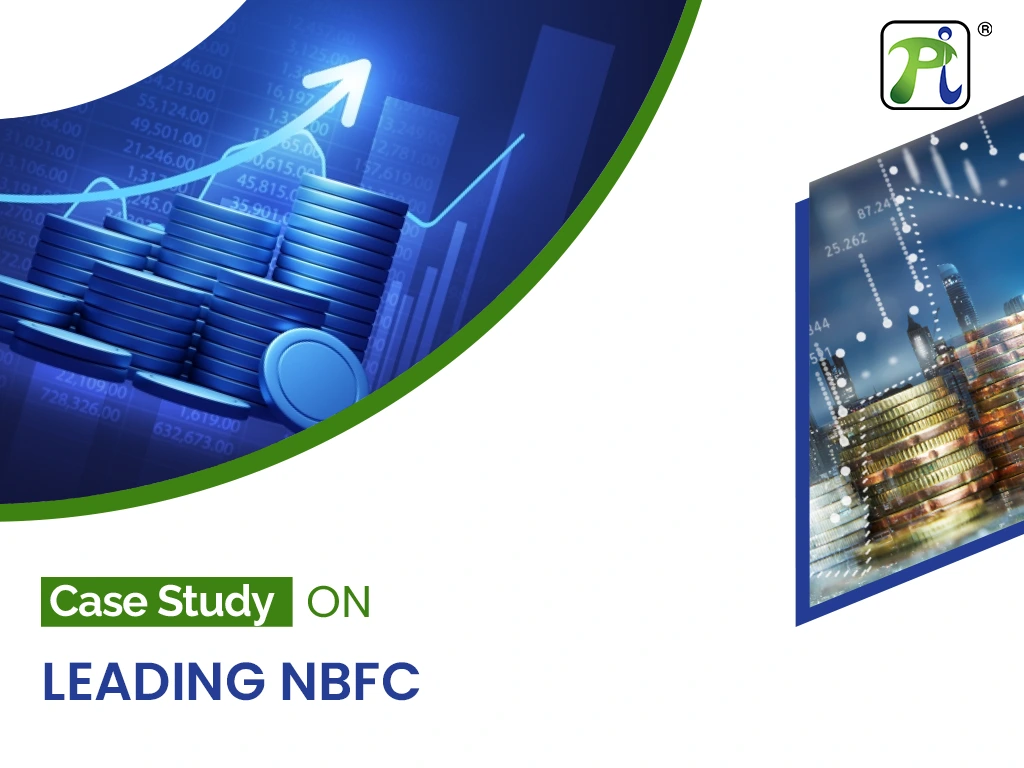We Will Get Back To You As Soon As Possible

Real-world Success Stories Unveiling Strategic Triumphs
Navigating the Complexities of Business with Expert Blogs
Communicating Value and Innovation That Sets Our Products and Services Apart
Innovative Solutions Backed by Comprehensive Research
Real-world Success Stories Unveiling Strategic Triumphs
Navigating the Complexities of Business with Expert Blogs
Communicating Value and Innovation That Sets Our Products and Services Apart
Innovative Solutions Backed by Comprehensive Research
Questions? We're here to help.
©2026 Pi DATACENTERS® Pvt. Ltd. All rights reserved





